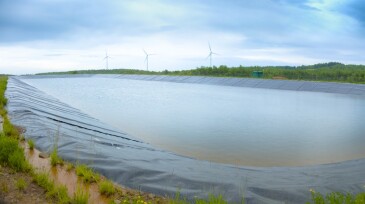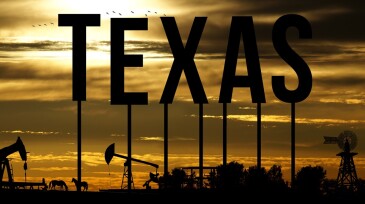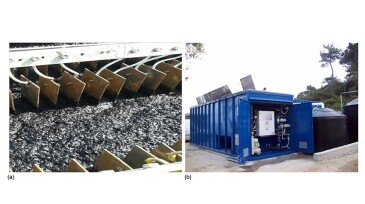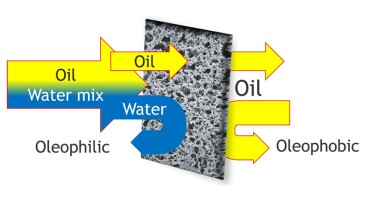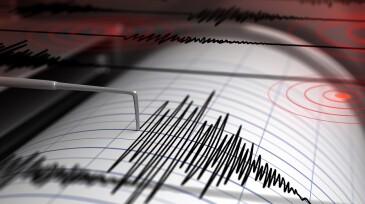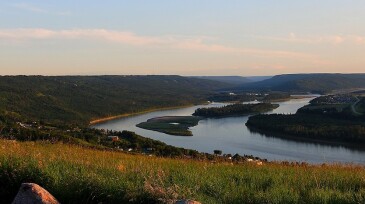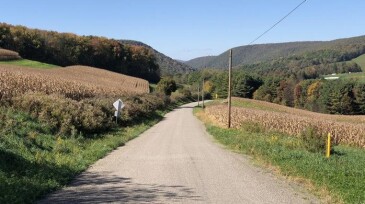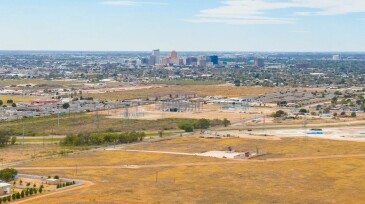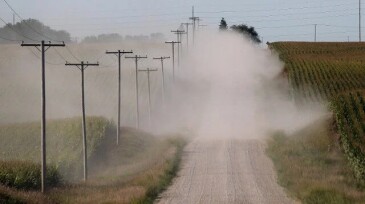wastewater
-
This paper describes a decision-support system that integrates field data, system specifications, and simulation tools to quantify system performance, forecast operational challenges, and evaluate the effect of system modifications in water management.
-
The agency said it wants to modernize the rules and expand the potential uses for produced water.
-
The Texas Railroad Commission is revisiting the state’s primary oil and gas waste regulations, which were last updated in 1984, to better align them with modern industry practices and rising demands for stronger environmental protections.
-
The paper aims to address the challenges and opportunities in managing produced water and its contaminants in the petroleum industry.
-
The authors of this paper discuss the use of dissolved polystyrene waste for the preparation of nanomembranes for separation of hydrocarbon pollutants from wastewater streams.
-
Regulators told some injection well operators close to the epicenter of a magnitude 4.0 earthquake that they will have to shut down their operations indefinitely.
-
New research reveals waste water injected underground by fossil fuel operators caused a magnitude 5.6 earthquake in November 2022 in the Peace River area of Alberta’s oil sands region.
-
A health study commissioned by Pennsylvania environmental officials examined the practice of spreading waste water on rural dirt roads in the state. Researchers concluded that the practice doesn’t control dust effectively and poses dangers to the environment and human health.
-
Operators will not be able to inject wastewater below 10,000 ft in the Gardendale area.
-
The debate over whether to again allow briny waste water pumped from conventional oil and gas wells to be spread on Pennsylvania’s dirt roads has become as salty and charged as the material itself.
Page 1 of 3


